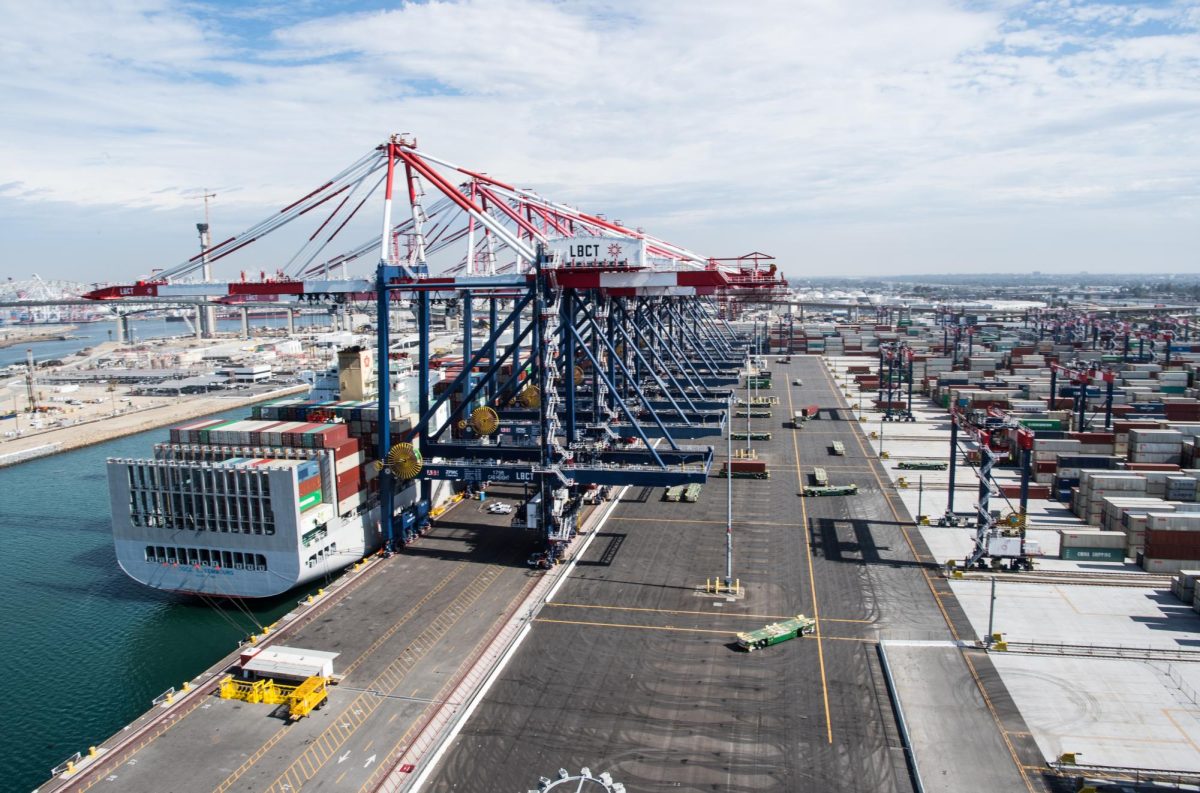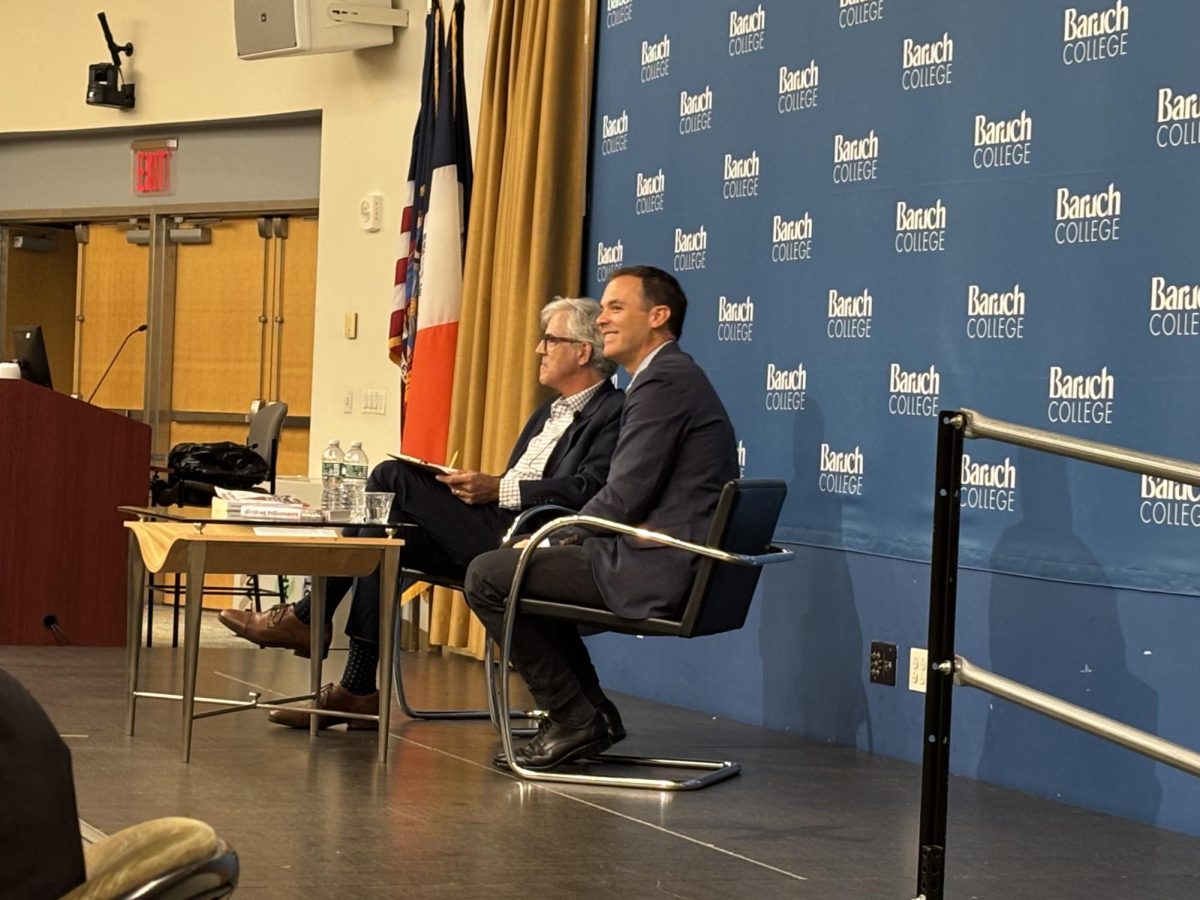The International Longshoremen’s Association halted a three-day strike after receiving an offer from the United States Maritime Alliance. Forty-five thousand dockworkers have returned to their posts as their current contract was extended until January 2025. Employers reached an agreement with the union to increase employee wages by 62% over the next six years.
The wage increase is lower than what the union initially demanded — a 77% increase over the period of the contract — but higher than the USMX’s original offer of 50%. This conclusion came after a period of stark opposition between the two parties.
The USMX’s status update on Sept. 5 highlighted the “industry leading wage increases” included in the offer, which the ILA then dismissed as misleading two days later.
“Their interpretation of ‘leading wages’ is polar opposite to ours,” the statement by ILA’s President Harold Daggett and Executive Vice President Dennis Daggett said.
With the strike concluded, the ILA and USMX now have the space to address prominent issues that affect the relationship between the two parties, including the use of automated robots at the ports. “By extending negotiations, we aim to establish strong protections against the introduction of remote-controlled or fully automated machinery that threatens our work jurisdiction,” Harold Daggett said in a statement.
The statement also outlines additional issues to be negotiated, such as healthcare benefits and claims for container royalties, which compensate longshore workers for the use of standardized shipping containers in the import and export process.
The dockworkers’ strike was predicted to have devastating effects on the economy. In a press release from the House Committee on Transportation and Infrastructure, various stakeholders expressed their predictions on the effects prior to the suspension of the strike.
According to the press release, “NAM estimates show a strike at the East and Gulf Coast ports would jeopardize $2.1 billion in trade daily, and the total economic damage could reduce GDP by as much as $5 billion per day.”
Additionally, the National Association of Manufacturers and many other organizations urged the Biden administration to invoke a provision of the Taft-Hartley Act that allowed the government to break the strike and resume work at the ports.
However, as ports reopen around the U.S., the government breathes a sigh of relief after the dismissal of problems threatened by a long-lasting strike. President Joe Biden thanked the two parties for reaching a tentative agreement in a White House press statement.
“I want to applaud the International Longshoremen’s Association (ILA) and the United States Maritime Alliance for coming together to reopen the East Coast and Gulf ports,” he said. “Today’s tentative agreement on a record wage and an extension of the collective bargaining process represents critical progress towards a strong contract.”








